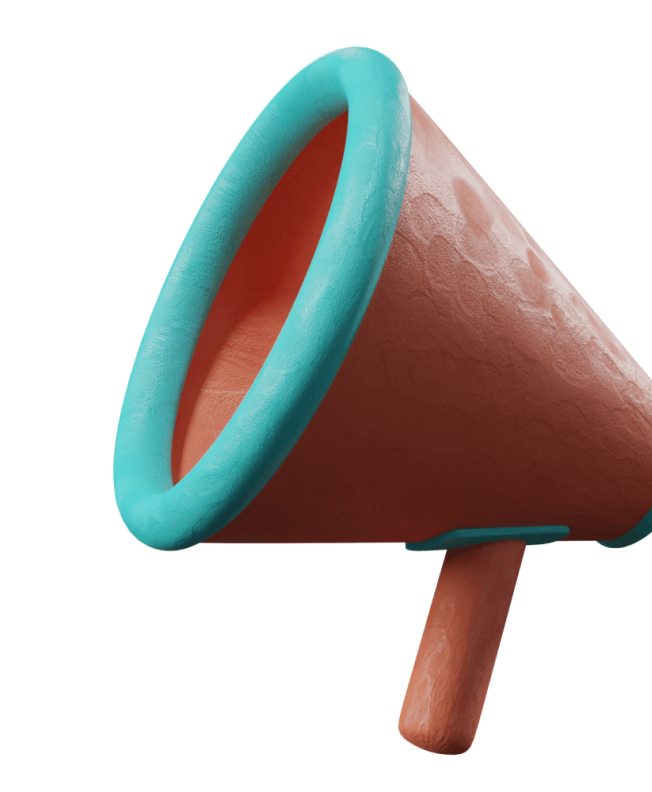
by Google
On Tuesday, March 26, 2019, the more than two-year-long “war” between internet freedom advocates and MEPs ended. European politicians voted to adopt Article 13 and Article 11 as part of a sweeping change to copyright in the online world. The result is that the legislation was adopted by the European Parliament by a vote of 348 to 274. This means that EU member states will have to adopt and incorporate this legislation into their laws within 2 years.
THE CONTROVERSIAL ARTICLE 13
The most controversial part of the adopted legislation is Article 13. The main idea of Article 13 is to protect the original content of creators, which in itself sounds like a great idea. The problem comes in the way it is implemented. It would create a kind of censorship on the internet and only filtered content would reach people. This filtering will prevent content from being available at all times, effectively creating a censorship machine that allows big companies to control what we see and do online. Digital rights and freedom of expression on the internet could be at risk.
You can learn more about Article 13 in our blog post – Article 13 could destroy YouTube and the internet. How to fight it?
CITIZENS ARE NOT HEARD
The adoption of new guidelines (such as Article 13) was fiercely fought by YouTube and Facebook, who warned that they would have to build expensive content filters. Activists argued that Article 13 would lead to censorship of the internet. However, on the other side of the two-year battle were record labels, artists and media companies. They said the reforms were needed to update copyright protection for the internet age and ensure they were properly paid for their content.
The weekend before the vote was dominated by protests across Europe, with tens of thousands of people taking to the streets to protest what many see as online censorship. In addition to the protests, the world's largest petition was launched, with over five million signatures. The German, Czech and Slovak Wikipedias also joined the protest, turning off search functionality on their website on Thursday, March 21, 2019. However, neither the protests nor the petition were able to convince MEPs, who passed the new legislation.
Until the last moment, however, we hoped that all the amendments proposed by the opponents of the directive would be adopted in the legislation. However, they did not receive enough votes and were therefore not incorporated. In fact, only 5 votes decided that the European Parliament did not deal with the controversial parts of Article 13, but voted on the legislation as a single whole. Julia Reda, a German MEP representing the Pirate Party who opposed the copyright directive, expressed her concern, saying: “It is a dark day for internet freedom.” On the other hand, Margrethe Vestager, the European Commissioner for Competition, said: “The result was great news.” EU member states now have two years to prepare their own laws that will bring the copyright amendment into force.
STATEMENTS FROM POLITICIANS, YOUTUBE AND CREATORS
Our partner and YouTube creator Duklock also commented on the result of yesterday's vote in his video.
Rapporteur Axel Voss, a member of the Christian Democratic Union of Germany, said: “The directive is an important step towards correcting a situation that has allowed a few companies to earn huge amounts of money without properly remunerating thousands of creators and journalists.”
YouTube also commented on the vote. He said in a statement: "The final version of the directive was an improvement. However, we are concerned that Article 13 could have unforeseen consequences that could harm European creativity and the digital economy."
MEP Jiří Maštálka also commented on the adoption of the new legislation, saying that the European Parliament "missed a unique opportunity to modernize copyright in a way that would stimulate Europe's creative industries, support innovation and small and medium-sized enterprises."
"Instead, we have on the table a proposal that envisages internet censorship, bullying of start-ups, a proposal that will lead to the decline of discussion forums and ultimately affect every user of social networks," the Czech MEP criticizes the content of the approved legislation. Critics claim that that the provisions contained in the bill are too broad and could affect material that is not protected by copyright, such as quotations or parodies. They warn that the law could even kill internet memes. The internet is facing difficult times and it is very important how individual states approach the implementation of the legislation. It is now in the hands of technology companies and politicians to come up with the best possible implementation of the newly adopted legislation. Sources: https://edition.cnn.com/2019/03/26/tech/eu-copyright-article-13/index.html https://www.wired.co.uk/article/eu-article-13-vote-article-17






